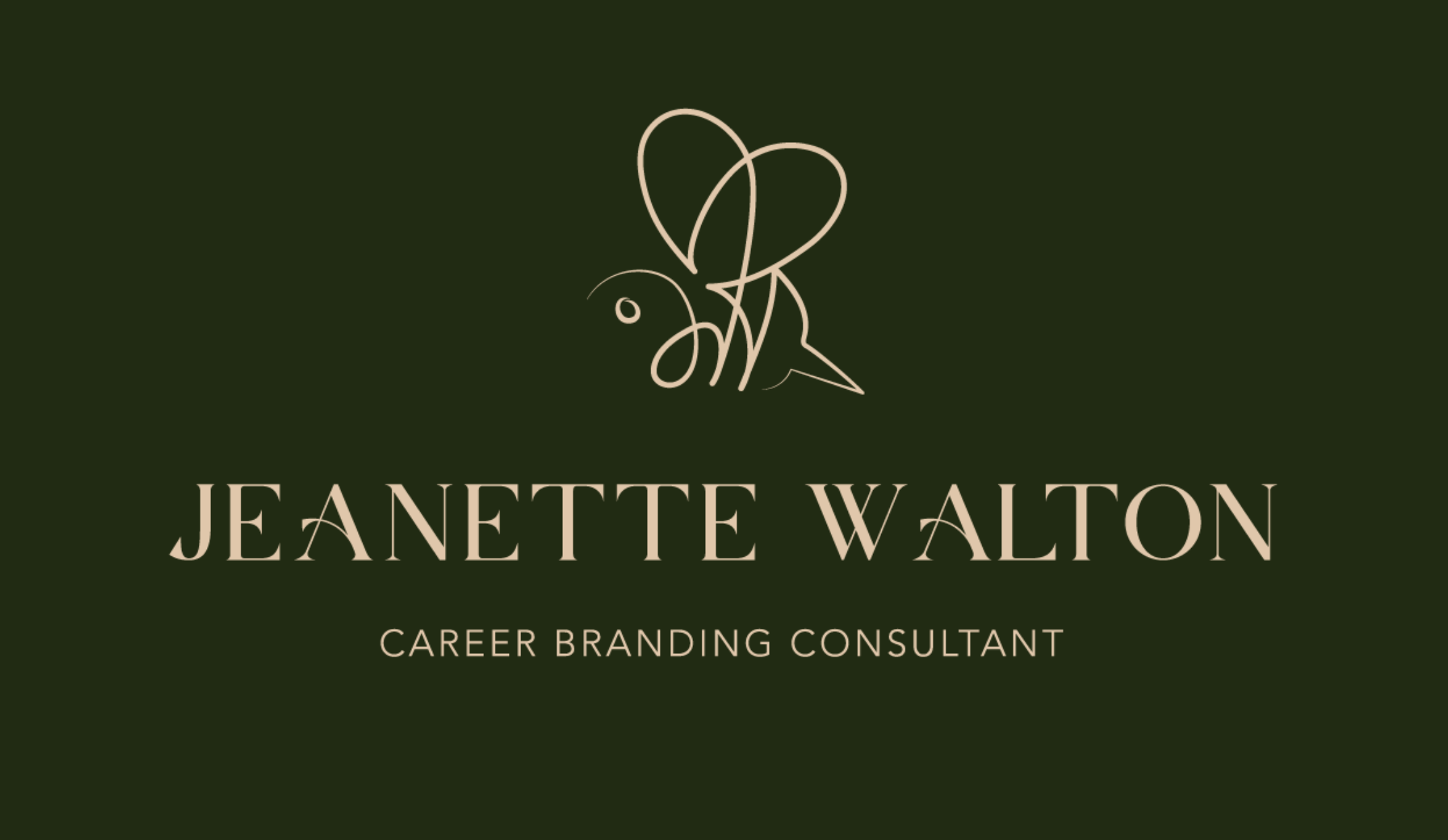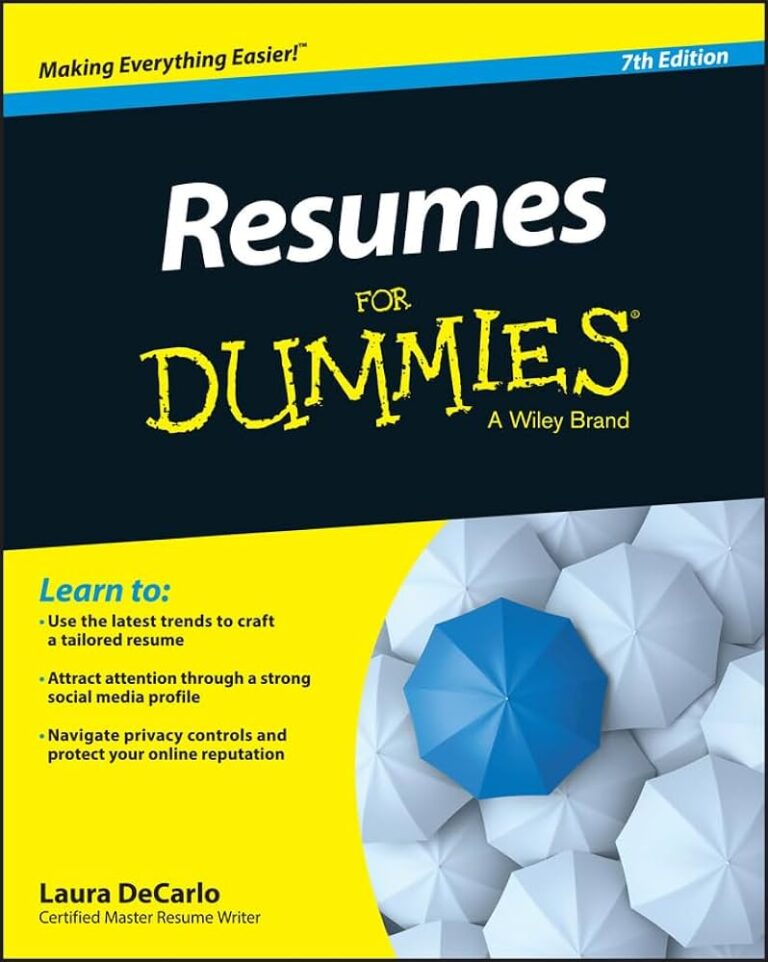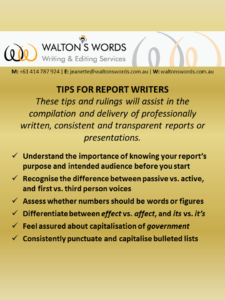As discussed in an earlier blog, there are many reasons why a single-page introductory (and position-tailored) cover letter should be included in most job applications. Unless the recruiter has specified otherwise (or where the online portal does not include this option), a cover letter is likely to be accepted and appreciated as part of your career branding package.

“A cover letter is more than just a formality or courtesy – it is an opportunity to impress. Research suggests that employers favour resumes that are accompanied by a cover letter, making it a critical component of your job-search strategy.” (michaelpage.com)
As highlighted by myfuture.edu.au, the cover letter will help to address some of the core recruiter questions and criteria:
- Can you do the job?
- Do you have the right qualifications, knowledge, skills, abilities and experience?
- Will you do the job well?
- Are you reliable, self-motivated and enthusiastic?
- Will you fit into the organisation? Are your values and goals a good match?
- Will you make a good impression on clients and co-workers?
- Do you have good written communication skills?
Other primary reasons why a cover letter matters in most job applications are:
- It’s more position-relevant: While your resume is tailored for a job type/s, the cover letter drills down further into a specific role within a specific company. Make it clear in the cover letter what role you’re applying for (incl. reference numbering) – include a subject line to specify the job title, and refer to both this and the company name in the content.
- It’s more personalised: Resume speak is generally more concise and clinical, with pronouns and other grammar enhancers omitted to optimise ‘document real estate’. The cover letter is an opportunity to provide a more personalised slant within your application, in terms of both yourself and the company that you want to be a part of. Where possible, include the name of the recruiter/main contact in your cover letter, to further personalise.
- It delivers a deeper understanding: The cover letter should expand on key information in your resume, so the recruiter has a better understanding of the ‘how and why’. This includes a deeper understanding of how you have arrived at this job-relevant professional stage, such as through career evolution or additional studies. Highlight via your career story why you are a suitable candidate for that position – guide the recruiter.
- It showcases company knowledge: In line with cover letters being more personalised, this is also where you can interweave target company specifics, such as how you align with core values and missions. Fine-tuning the cover letter to include such information is likely to engage the recruiter – it will further validate your job and company relevance.
- It conveys your extra effort mindset: Consider where you are one of two applicants that have stood out to the recruiter, and you have included a complementary cover letter while the other has only submitted a resume. Unless the recruiter has specified ‘resume only’, this is probably going to be beneficial in terms of which applicant is selected. A cover letter can convey a willingness to put in extra effort to achieve a positive outcome.
These are some of the key reasons why including a cover letter matters in the majority of job applications. Take the time to tailor documentation for each job application, to achieve your career aspirations – such commitment can only impress recruiters and potential employers.
________________________________________________________________
Walton’s Words has extensive experience in helping job seekers compile professionally written, career-selling documentation. We can help construct resumes, cover letters, LinkedIn profiles, selection criteria, and any other documentation that will help you win your dream role. So drop us a line or give us a call if you’d like some assistance with your next career step.



